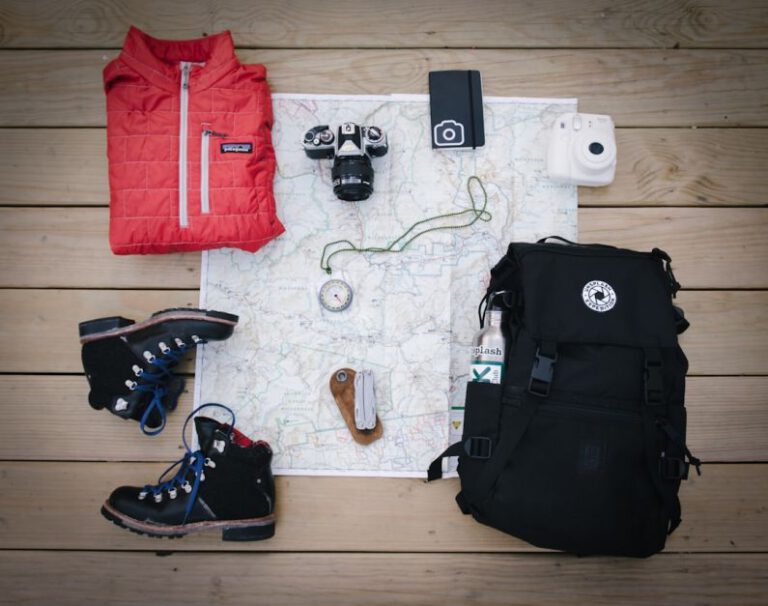Packing for the Unexpected: Emergency Preparedness
Emergencies can strike at any moment, catching us off guard and unprepared. Whether it’s a natural disaster, a sudden illness, or an unexpected event, having a plan in place and essential items ready to go can make all the difference in ensuring your safety and well-being. In times of crisis, being prepared can provide a sense of control and help you navigate through challenging situations with more ease. Here are some crucial tips on how to pack for the unexpected and be ready for whatever comes your way.
Create a Go-Bag
One of the most important steps in emergency preparedness is putting together a go-bag. This bag should contain essential items that you may need in case you have to evacuate quickly or shelter in place during an emergency. Make sure your go-bag is easily accessible and kept in a designated spot so you can grab it quickly when needed. Consider including items such as non-perishable food, water, a first aid kit, a flashlight, batteries, a multi-tool, important documents, cash, medications, and any other necessities specific to your needs.
Stay Informed
In an emergency situation, information is key. Stay informed about potential threats or emergencies in your area by signing up for alerts from local authorities, downloading relevant apps, and tuning in to emergency broadcasts on the radio or TV. Knowing what is happening and how to respond can help you make informed decisions and stay safe during a crisis.
Plan Your Evacuation Route
Having a clear evacuation plan in place is crucial for ensuring your safety in case you need to leave your home quickly. Identify multiple evacuation routes from your home and familiarize yourself with them. Practice the routes with your family members or housemates so that everyone knows what to do in case of an emergency. Consider alternative modes of transportation in case roads are blocked or inaccessible.
Communication is Key
During an emergency, communication with your loved ones and emergency services is essential. Make sure you have a plan for staying in touch with family members, friends, and neighbors, especially if you get separated during an evacuation. Designate an out-of-town contact person who can serve as a central point of communication for everyone to check in with. Keep a list of important phone numbers in your go-bag and make sure everyone in your household knows how to use their cell phones to send text messages, which can often get through when phone calls cannot.
Stay Healthy and Hydrated
In times of crisis, taking care of your health is paramount. Make sure you have an ample supply of water in your go-bag, as well as non-perishable food items that can sustain you during an emergency. Consider any specific dietary needs or medications that you or your family members may require and pack them accordingly. Staying hydrated and nourished can help you maintain your strength and resilience during challenging times.
Prepare for Sheltering in Place
In some emergencies, it may be safer to stay indoors and shelter in place rather than evacuate. In such cases, make sure you have the necessary supplies to hunker down until it is safe to leave. Stock up on food, water, medications, and other essentials to last several days. Seal windows and doors to prevent outside air from coming in, and create a safe room in your home where you can take shelter if needed.
Adaptability is Key
While having a plan in place is essential for emergency preparedness, it is also important to be adaptable and able to think on your feet. Emergencies can be unpredictable, and circumstances may change rapidly. Stay flexible and be prepared to adjust your plans as needed based on the situation at hand. Being able to adapt to changing conditions can help you navigate through crises more effectively and ensure your safety and well-being.
Prepare for the Unexpected
In conclusion, being prepared for emergencies is not just about having the right supplies; it’s also about having a proactive mindset and the ability to respond quickly and effectively to unexpected situations. By creating a go-bag, staying informed, planning your evacuation route, communicating with others, staying healthy, and being adaptable, you can increase your resilience and readiness for whatever challenges may come your way. Remember, preparedness is key to staying safe and secure in the face of the unexpected.






